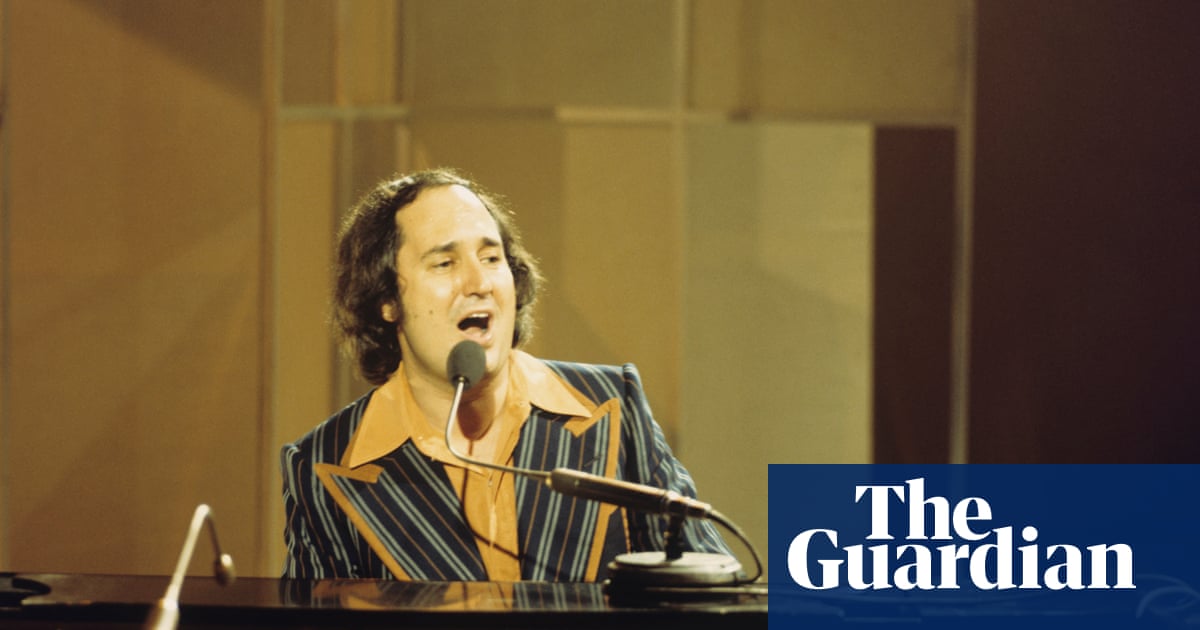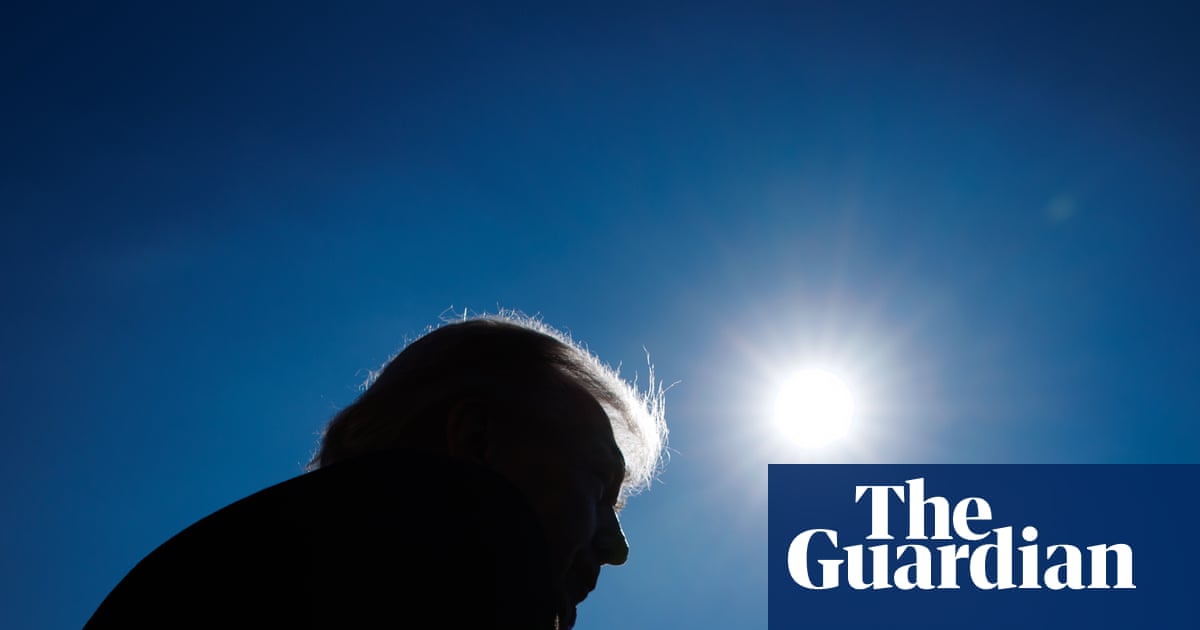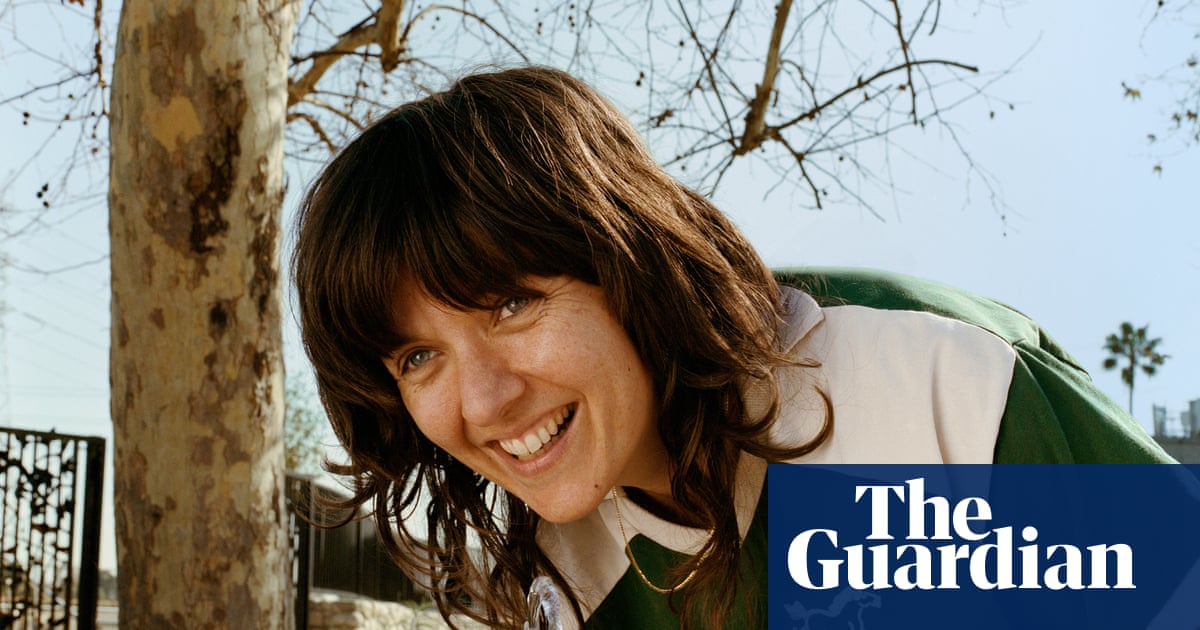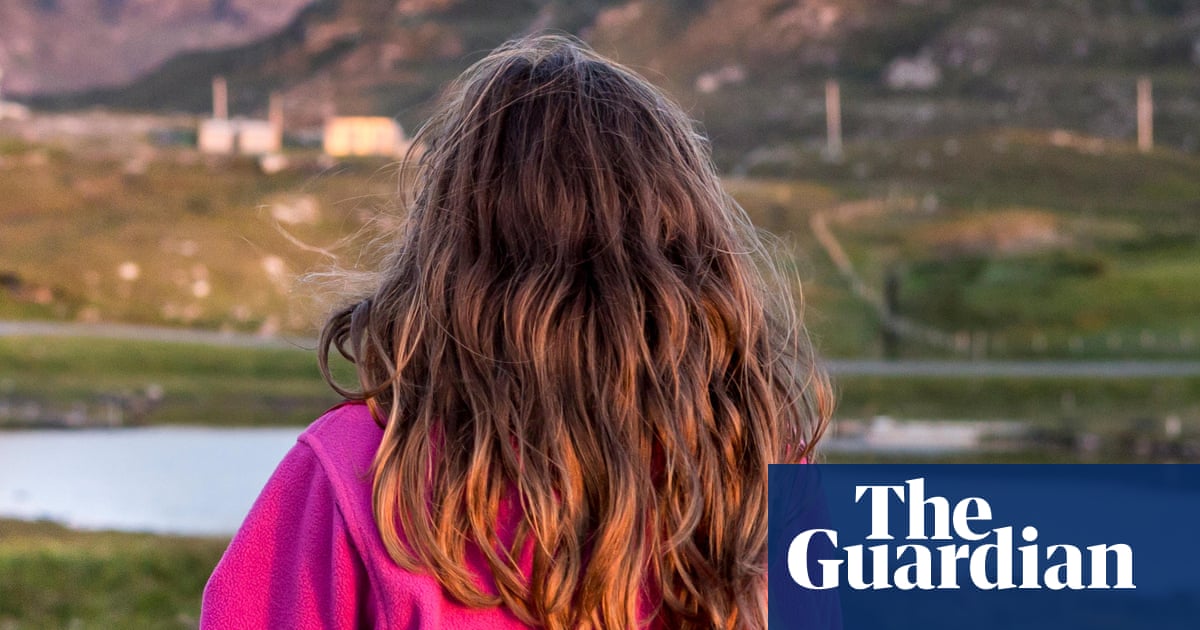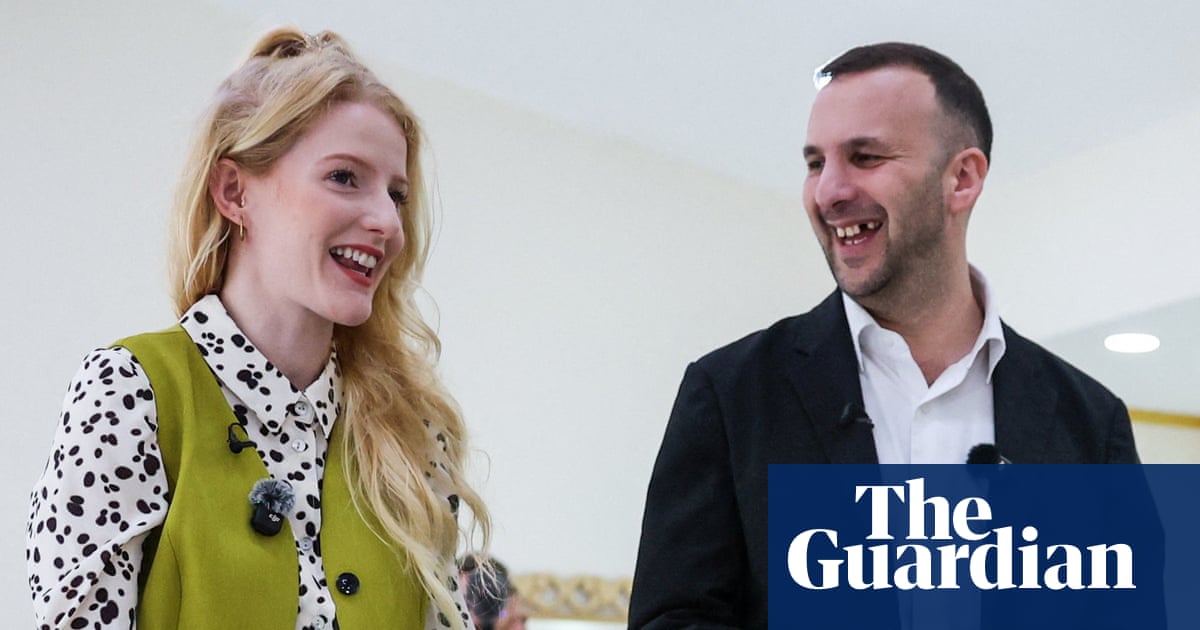By her own admission, Donna Jean Godchaux was not a fan of the Grateful Dead when she arrived in California – then Donna Jean Thatcher – in 1970. Already a music industry veteran at 23, she had spent five years as a member of Southern Comfort, a group of singers regularly employed as backing vocalists at the renowned Fame studios in her native Alabama. But she was rigidly unimpressed with her San Francisco friends’ undying devotion to Jerry Garcia and co. She hated the band’s name and loudly opined that the only reason people liked them was because they were invariably out of their minds on drugs when they went to see them live. In fact, she could prove she was right: she offered to attend a Dead show sober, certain she would hate it.
It proved a fateful decision. By the end of the Dead’s set at the Winterland Ballroom, Thatcher – ostensibly retired from music – had announced: “If I sing again, it will be with this band”. Through attending other Dead shows she met a local pianist named Keith Godchaux, whom she subsequently married, and after meeting Garcia and angling for him to give her new husband a job, she found herself hired as well.
It says something about the Grateful Dead’s unique position in American rock that Godchaux’s eight-year tenure with the band came to define her. It wasn’t as if her CV were lacking before she joined. Fame Studios was notoriously spotty when it came to crediting backing vocalists, so no complete record of her performances there exists, but she sang on Elvis Presley’s Suspicious Minds and In the Ghetto; Percy Sledge’s When a Man Loves a Woman, and Warm and Tender Love; and with Aretha Franklin, Otis Redding and Dionne Warwick among others.
Her timing in joining the Dead was fortuitous: their sound had taken a turn for the rootsy with 1970’s Workingman’s Dead and American Beauty – two key texts in the development of what would come to be called Americana – but the band’s usual source of traditionally soulful vocals, the blues-influenced keyboard player Ron “Pigpen” McKernan, was ailing, stricken by the alcoholism that hastened his death in 1973. Steeped in a different musical tradition to the rest of the band, Godchaux’s voice swiftly became part of their sound, as evidenced by her contributions to guitarist Bob Weir’s solo debut Ace – a Dead album in all but name – and Europe ’72, the triple-vinyl live set that documented the band’s visit to the continent in the spring of that year, and a strong contender for the title of greatest Grateful Dead album of all.
But Godchaux’s apparently seamless integration into the band wasn’t quite as straightforward as it looked. She was a studio singer rather than a live vocalist, and the nightly high-wire act of the Grateful Dead’s live shows was quite the baptism by fire. Their three-hour-plus gigs were performed without a setlist, with members either calling for songs on stage in the style of jazz musicians at a jam session, or else by steering improvised passages towards the next track on the spot. In addition, it was a high-wire act that, in the early 70s at least, was often performed on acid. On one notable occasion during the Europe ’72 tour, Godchaux took to the stage having taken 15 hits of LSD, unaware that the band’s supply – which had been weakening in strength as the tour progressed – had been replenished with fresh, undiluted provisions. In her account, she spent most of the show lying prone under her husband’s piano, but somehow still made it to the microphone in time to sing.
Furthermore, while there were certainly some formidable women within the Dead’s inner circle – including Garcia’s partner Carolyn Adams, audio engineer and producer Betty Cantor-Jackson, and drummer Bill Kreutzmann’s wife Susila, who more or less singlehandedly started the band’s merchandising empire – its core was exclusively male and, as their biographer Dennis McNally tactfully put it, “not a bastion of feminist liberation”. But Godchaux, the only female member of the Grateful Dead during their 30-year history, was clearly made of stern stuff. She seldom took a lead vocal but demurred at the label “backing vocalist”, preferring the term “ensemble singing” – which certainly fits the sound of Godchaux and her band members belting out the choruses of Playing the Band or Eyes of the World en masse.
Still, she proved a controversial figure. The culture of fans obsessively taping Grateful Dead shows meant that mistakes as well as transcendent moments were captured for posterity, and the mistakes often involved re-creating complex vocal harmonies on stage. But it seemed hugely unfair that Godchaux’s voice was singled out for criticism given how pitchy the other members could sound. And Godchaux was often magnificent in concert, as the belatedly released live albums One from the Vault or The Closing of Winterland proved.
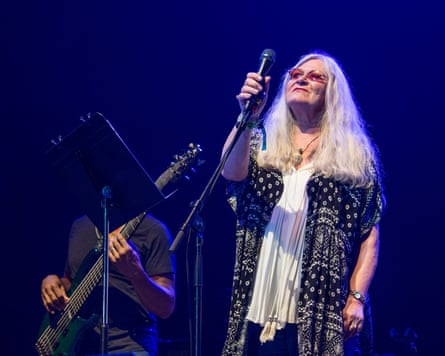
In the studio, her voice was unimpeachable. Hear the depth her harmonies bring to Row Jimmy and Stella Blue, two impossibly beautiful ballads from 1973’s Wake of the Flood, the raw soulfulness of her voice on 1975’s The Music Never Stopped or her fantastic contributions to 1977’s slick Terrapin Station. And if you want to venture away from the Grateful Dead per se, her vocals on Palm Sunday and the brief Down Home from the Jerry Garcia Band’s 1978 album Cats Under the Stars are incredible.
Keith and Donna Godchaux both left the Grateful Dead after 1978’s patchy Shakedown Street, an album that sounded distinctly coked-out. The couple moved to Alabama to deal with Keith’s worsening drug problem, and he had apparently conquered his addictions when he was killed in a car crash in 1980.
Donna Jean married bass player David MacKay in 1981, becoming Donna Jean Thatcher Godchaux-Mackay, and formed a succession of other bands, but she never really left the Grateful Dead behind. She still performed their songs. Her version of Crazy Fingers is a highlight of the 2014 album she recorded with Jeff Matson, and Matson is a member of the Grateful Dead tribute band the Zen Tricksters, with whom Godchaux also recorded an album. She also happily sat in on stage with the Dark Star Orchestra, a band dedicated to recreating classic Dead shows live, became involved with the unending stream of archival Grateful Dead releases, and occasionally appeared on stage with various former band members.
Once a controversial addition, her role in the band seemed to be burnished by the passing of time. Deadheads can argue for hours about which of their lineups was the best, but the Godchaux-bolstered 70s version is always in strong contention. It was something that the band’s official statement about her death seemed to touch on: “Her contributions will forever remain part of the tapestry that continues to be woven.”

.png) 3 months ago
97
3 months ago
97




